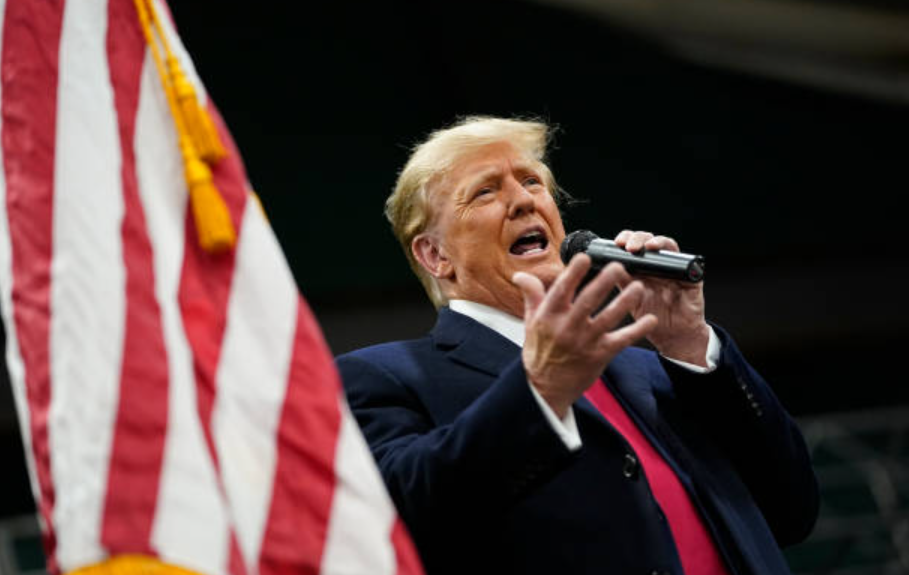Ex-President Donald Trump, who previously denied involvement in the January 6, 2021 Capitol assault, surprisingly hinted at possible legal concessions in a late-night social media post.
The message, written in uppercase letters and posted at the early morning hour of 1:59 am, focused on the ongoing federal prosecution that Trump currently faces.
Breaking from his usual denials, Trump stated, “EVEN EVENTS THAT ‘CROSS THE LINE’ MUST FALL UNDER TOTAL IMMUNITY, OR IT WILL BE YEARS OF TRAUMA TRYING TO DETERMINE GOOD FROM BAD.”
Legal experts quickly analyzed this statement, noting its vagueness and conditionality, suggesting it might not be a strong admission of guilt considering the existing overwhelming evidence against him.
Trump is confronting four felony counts, including conspiring to defraud the United States and obstructing an official proceeding. His legal team consistently argues for immunity, asserting that as a former president, he cannot be prosecuted for actions during his tenure.
Trump’s Political Resilience Amid Legal Challenges

The decision on Trump’s appeal now lies with a three-judge panel from the US Court of Appeals for the District of Columbia Circuit, with expectations that their ruling will be announced soon.
Legal experts remain divided on the significance of Trump’s social media post, with some dismissing it as the rantings of a lunatic while others, like Glenn Kirschner, a former federal prosecutor, suggest it might not be a useful admission of guilt.
Trump faces legal challenges that go beyond the federal case related to January 6, including legal disputes in Georgia, a second federal prosecution, and an indictment in the state of New York.
Despite facing these obstacles, Trump continues to hold a formidable position in polls for the 2024 GOP presidential nomination. This underscores his lasting impact and influence within the party.
The final resolution of his legal conflicts remains in limbo, as the possibility of appealing to higher courts hovers on the horizon, introducing an element of uncertainty to the trajectory of Trump’s legal challenges.


Comments are closed.